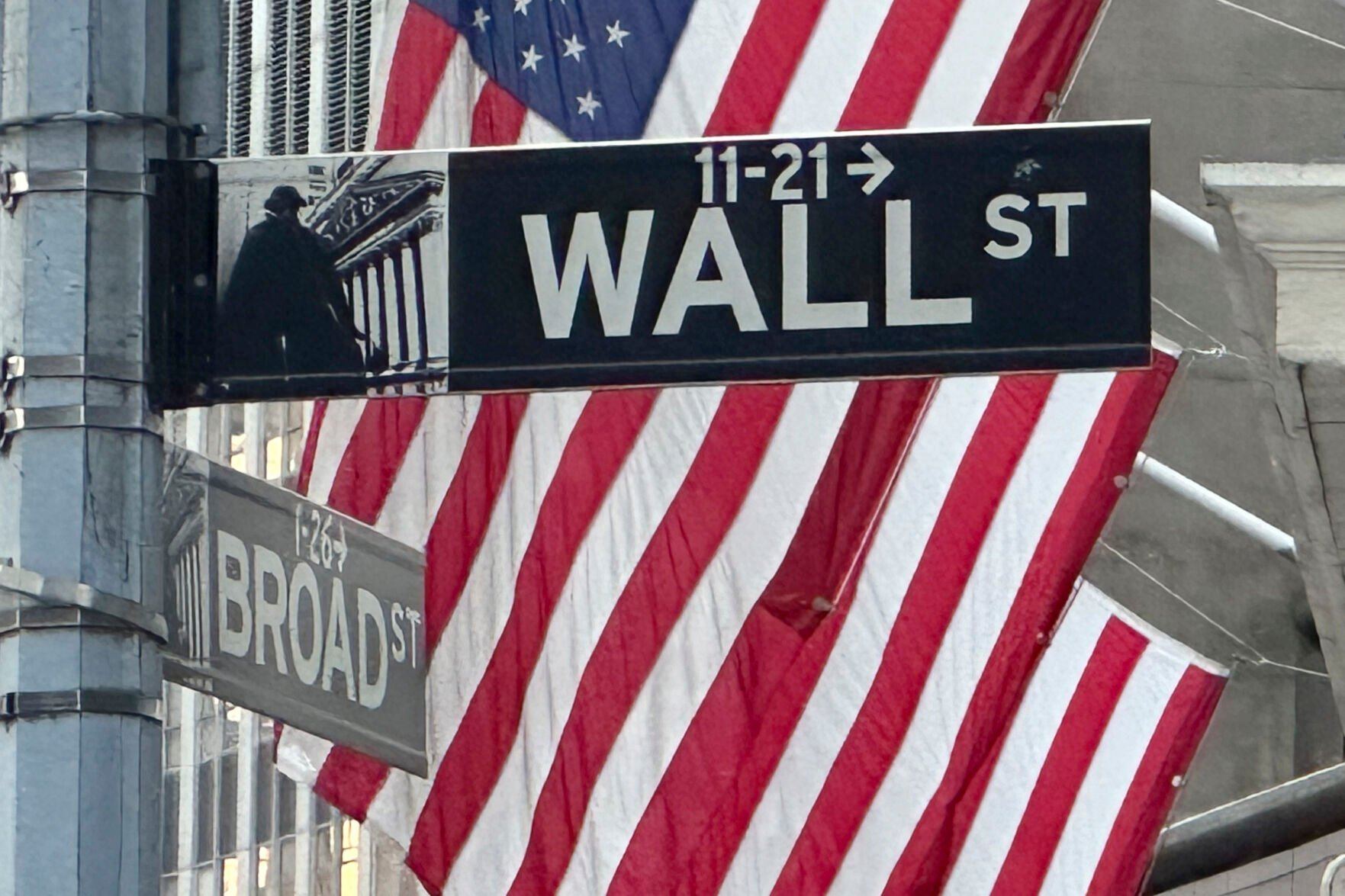NEW YORK — U.S. stocks are holding relatively steady on Thursday following mixed data on the economy, but they’re still potentially on track for their worst week since April.
The S&P 500 was 0.4% higher in morning trading following two straight drops. The Dow Jones Industrial Average was virtually flat as of 10:30 a.m. Eastern time, and the Nasdaq composite was 1.2% higher.
Treasury yields were also holding relatively steady in the bond market following the mixed reports on the U.S. economy. One suggested U.S. companies slowed their hiring last month, falling well short of economists’ forecasts for an acceleration. Another report, though, said fewer U.S. workers filed for unemployment benefits last week than expected. That’s an indication layoffs remain low.
A report released later in the morning offered more optimism, saying growth for businesses in the mining, finance, health care and other services industries was stronger last month than economists expected.
“Generally, business is good,” one respondent said in the survey compiled by the Institute for Supply Management. “However, there are concerns of slowing foot traffic at restaurants and other venues where our products are sold.”
Stocks have largely struggled this week after another dud of a report on U.S. manufacturing reignited worries about the slowing U.S. economy and how much it could hurt corporate profits. That has raised the stakes for a highly anticipated report scheduled for Friday.
That’s when the U.S. government will say how many jobs U.S. employers added last month, and economists are expecting an acceleration of hiring. The job market’s performance could dictate how big of a cut to interest rates the Federal Reserve will deliver at its next meeting later this month.
After keeping its main interest rate at a two-decade high to stifle high inflation, the Federal Reserve has hinted it’s set to begin cutting interest rates in order to protect the job market and keep the overall economy from sliding into a recession. The question on Wall Street is if it ends up being too little, too late.
In the bond market, the yield on the 10-year Treasury eased to 3.75% from 3.76% late Wednesday. It’s down from 4.70% in April, which is a significant move for the bond market.
Perhaps more importantly for investors, the 10-year yield is flirting with the end of a more than two-year stretch where it was lower than the two-year Treasury yield. That’s an unusual occurrence called an “inverted yield curve.” Usually, the opposite is the case, where longer-term yields tend to be higher than shorter-term yields.
Many investors see an inverted yield curve as a warning of a coming recession, and the inversion since the summer of 2022 has been a key talking point for market pessimists. Often, an inverted yield curve flips back to normal ahead of a recession as traders cement their expectations for coming cuts to interest rates by the Fed. But the 2020 pandemic created a recession and resulting recovery that have continued to defy predictions and conventional wisdoms.
The two-year Treasury yield was sitting at 3.77%, just above the 10-year yield.
On Wall Street, Tesla jumped 6.8% after its AI division laid out a roadmap for upcoming developments, including the possibility of full self-driving in Europe and China.
JetBlue Airways flew 9.2% higher after raising its forecast for revenue in the summer. It said it’s seeing better performance in the Latin America region particularly and that it picked up business when technology outages in July forced rivals to cancel flights.
Other airlines were also at the front of the S&P 500, including gains of 4.2% for United Airlines and 4.1% for American Airlines.
Verizon’s stock slipped 0.3% after it announced it’s buying Frontier Communications in a $20 billion deal to strengthen its fiber network. Frontier Communications, which soared nearly 38% the day before, gave back 9.3%.
In stock markets abroad, indexes were mixed across Asia and Europe.
Japan’s Nikkei 225 fell 1.1% after strong data on growth in wages there raised expectations for another hike to in interest rates.
___
AP Writers Matt Ott and Zimo Zhong contributed.


